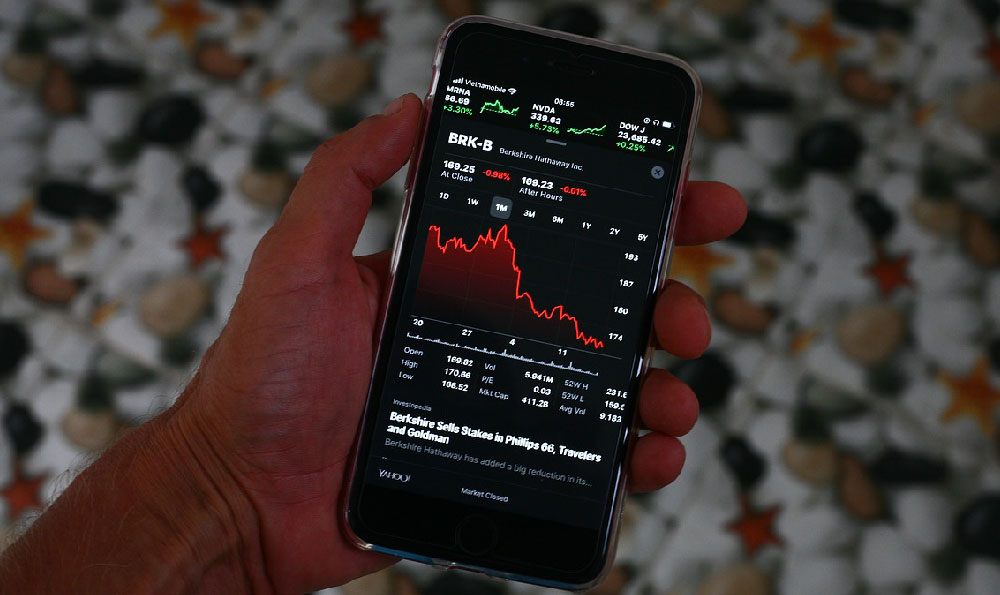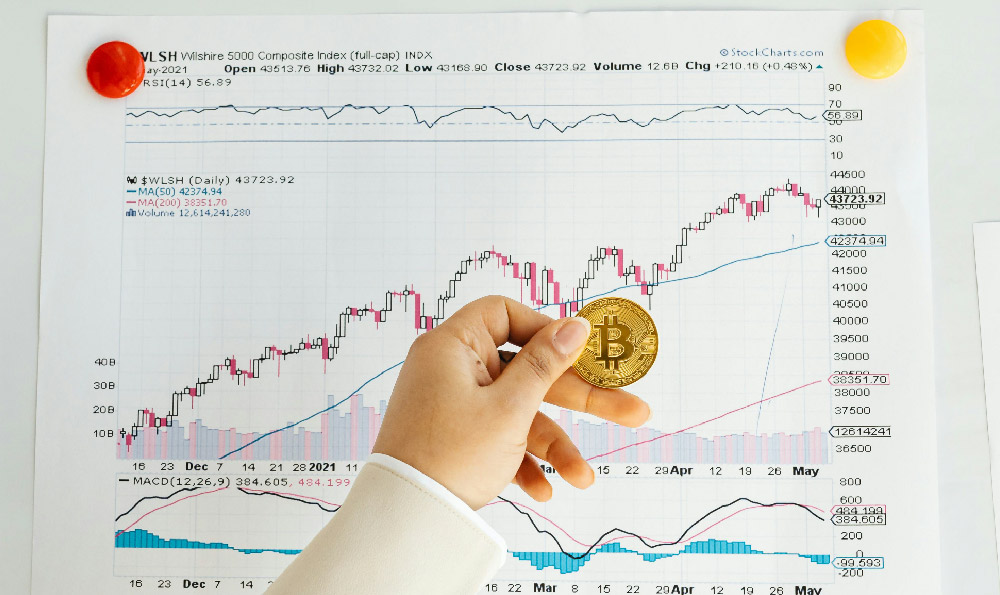Obtaining a money order is a practical solution for individuals who prefer not to use cash, checks, or credit cards for payments, particularly when dealing with unfamiliar parties or transactions requiring guaranteed funds. They function as a secure payment method, essentially pre-paid checks that require upfront funding and are guaranteed by the issuing institution. But navigating the world of money orders can be a bit confusing. Let's explore the options available and delve into the factors that determine which provider might be the best fit for your specific needs.
Several well-established avenues offer money order services, each with its own set of advantages and potential drawbacks. The United States Postal Service (USPS) is a ubiquitous and reliable option. Their widespread accessibility makes them a convenient choice for many. USPS money orders are generally accepted across the country and are known for their relatively low fees. Banks and credit unions represent another primary source. For account holders, procuring a money order from their financial institution is often the most straightforward and cost-effective route. Banks typically offer preferential rates or even fee waivers for their customers. Furthermore, dealing with your own bank adds a layer of security and familiarity.
Retail giants like Walmart and other large supermarkets provide money order services as part of their financial service offerings. These retail locations often boast extended hours, including weekends and evenings, catering to individuals with schedules that don't align with traditional banking hours. The fees associated with these services are generally competitive, but it's always wise to compare them with other options. Check-cashing services, such as MoneyGram and Western Union, are also prominent providers of money orders. While they offer convenience and widespread availability, their fees tend to be higher compared to banks and USPS, making them a less desirable option for frequent money order users.

Now, determining which provider is "best" depends heavily on individual circumstances and priorities. Cost, convenience, and security are the key factors to consider. The fee structures vary considerably. USPS usually provides some of the lowest fees, making them an attractive choice for budget-conscious individuals. Banks and credit unions often have competitive rates for their account holders, potentially even offering fee waivers as a perk of membership. Retailers like Walmart typically fall in the middle ground, offering competitive prices but potentially higher than USPS or some banks. Check-cashing services, however, usually impose the highest fees. Always compare fees from different sources before making a decision. A seemingly small difference in fees can accumulate over time, especially if you frequently use money orders.
Convenience is another crucial aspect. The ubiquity of USPS locations makes them readily accessible in most communities. Walmart and similar retailers offer extended hours, making them suitable for individuals with busy schedules. Banks and credit unions are convenient for account holders, providing a familiar and trustworthy environment. However, check-cashing services often have the most extensive networks, making them accessible even in areas with limited banking options. The "best" option is the one that fits into your daily routine and is easy to access when you need it.
Security should always be a top priority. All reputable money order providers offer security features to protect against fraud and loss. However, it's crucial to take precautions to safeguard yourself. Always keep the receipt and a record of the money order number. This information is essential for tracking the money order and filing a claim if it's lost or stolen. Fill out the money order completely and accurately, including the payee's name and your own address. This ensures that the funds are directed to the intended recipient and helps prevent fraudulent alterations. Avoid purchasing money orders from unknown or unverified sources. Stick to established and reputable providers to minimize the risk of fraud. Never send a money order to someone you don't know or trust. Be wary of online scams that request payment via money order.
Besides the basic practicalities, considering alternatives can be prudent. While money orders offer a specific set of advantages, other payment methods might be more suitable in certain situations. If you have a checking account, writing a check can be a more convenient and cost-effective option. Electronic payment methods, such as online bill pay, Zelle, Venmo, and PayPal, offer speed and convenience for digital transactions. Credit cards provide purchase protection and the ability to dispute fraudulent charges. The best payment method depends on the specific transaction and your individual preferences.
To summarize, finding a money order is generally simple. USPS, banks/credit unions, large retailers, and check-cashing services all provide this service. The "best" choice depends on your personal priorities. Weigh the costs, consider the convenience of location and hours, and ensure you're using a secure and reputable source. Remember to protect yourself by keeping records and avoiding sending money orders to unknown parties. By carefully evaluating your options and taking necessary precautions, you can confidently use money orders as a safe and effective payment method.












